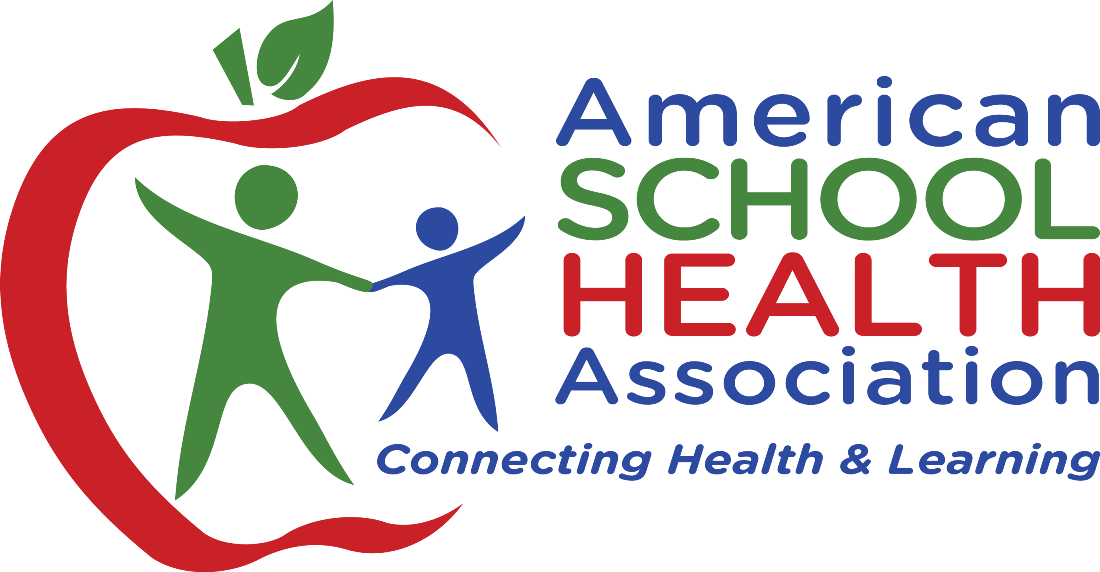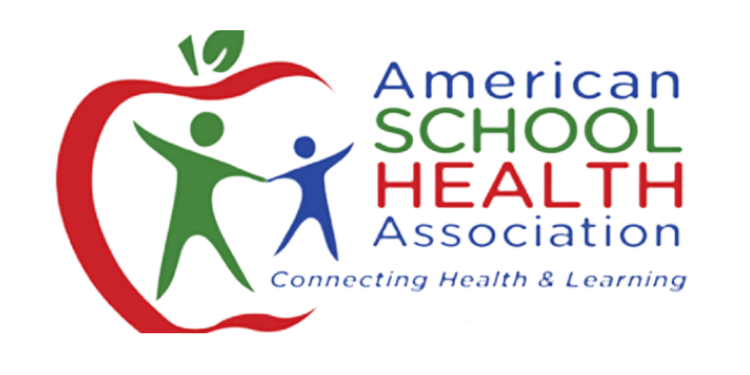Coordinated School Health from the Ground Up

Lee Lowery, ASHA Executive Director
After serving the American School Health Association (ASHA) since late 2013, I figured it was about time I attended my local, Arlington County School Health Advisory Board (SHAB) meeting. I signed up for notifications over a year ago, I joined their Facebook page many months ago, but I had not yet made it to a meeting.
It’s not that I didn’t want to attend the coordinated school health meetings. Every month when I received their agenda, and every time the SHAB posted information on Facebook, I was reminded just how closely their work aligns with the good work of ASHA. And as a parent of two elementary school-aged sons in the County, I knew that participating on the SHAB would be even more meaningful. Every month, I would put the meeting in my calendar but there was always some other ASHA work to be done that kept me away.
But last week I learned that the Arlington County SHAB would be holding its last meeting of the 2014-15 school year. I was determined to attend. Given my role as the Executive Director of ASHA, I knew that I could add value to the group by sharing the many resources that ASHA develops and showcases. But I also knew that I could learn a lot from this dedicated mix of volunteers and county employees about how coordinated school health is implemented at the grassroots level.
When I arrived at the meeting, there were a handful of kids sprawled out on the floor, keeping busy with toys. This served as a good reminder that many of the meeting participants are simply passionate parents who are volunteering their valuable time because they care deeply about school health. Other members of the SHAB include school and county staff such as the School Health Bureau Chief, School Health Physician, and the Assistant Superintendent of Student Services.
Once the meeting began, we received a report from the School Health Physician about the Arlington Partnership for Children, Youth and Families which covered community engagement, mental health, bullying, childhood obesity and family communication in our county. He also requested input from the folks seated around the room about nutrition initiatives happening in our schools so that he could incorporate it into a toolkit for sharing.
A parent delivered a report on her child’s elementary school, the County’s pilot school using the CDC’s School Health Index, the Alliance for a Healthier Generation’s Healthy Schools Program, and the Well Building Standard. Many more Arlington schools will begin using these tools next year. This particular school has also been cited in the news recently for its success in incorporating desks with bicycle pedals into the classrooms to help fidgety kids learn better.
A parent who is also a school district employee reported on a new “Family and Community Engagement” program that was instituted at her school, in part to engage families who speak English as a second language. One of this program’s innovative success stories was training those families to use Twitter to communicate with the school community.
We also talked about the planned influx of over 70 trailers to elementary and middle schools over the next five years, and the potential impact on the health of our students and teachers. We talked about the air quality in those trailers, the fluorescent lighting, and the bloody noses and headache complaints of many children who have spent time in trailers over the past year. We discussed how the SHAB might get in front of the issue by recommending a healthy strategy for dealing with these trailers.
Suffice it to say that my time at the SHAB meeting was very well spent, and I plan to participate regularly in the 2015-16 school year. Wearing my ASHA Executive Director hat, I see the Arlington County SHAB, together with all the like-minded school health committees/boards across the country, as an audience that we should be working with to help realize our mission “to transform schools into places where every student learns and thrives.”
What are your thoughts? Have you ever worked with your local school health committee? If so, do you have suggestions for how ASHA can partner with and support these groups? Please send your ideas to me at llowery@ashaweb.org.

